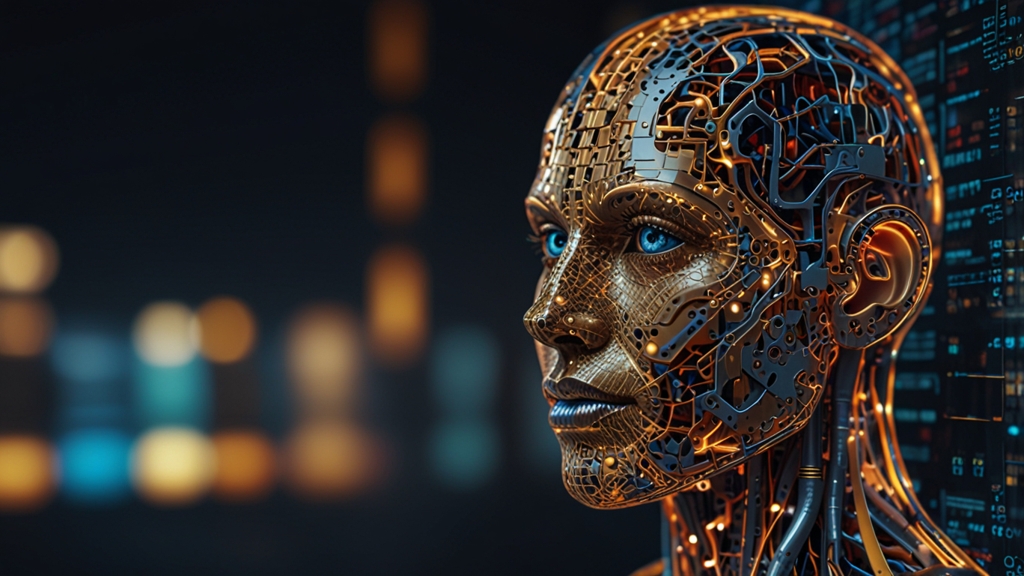The Game Changer: Machine Learning and Its Impact on Industries
Machine learning, a subset of artificial intelligence, has revolutionized the way industries operate, making processes more efficient, accurate, and predictive. By leveraging algorithms and statistical models, machine learning allows systems to improve their performance over time without human intervention. Industries from healthcare to finance are seeing unprecedented advancements, fundamentally changing how businesses operate and make decisions.
Healthcare: Precision and Personalization
Machine learning is making huge strides in the healthcare industry. From diagnosing diseases to personalized treatment plans, the impact is transformative. Algorithms can analyze vast amounts of medical data rapidly, identifying patterns and trends that can lead to early diagnosis and treatment of conditions.
“Machine learning algorithms have the potential to provide faster and more accurate diagnoses than human doctors in certain cases, making early intervention possible and saving lives.”
For example, radiology departments are using image recognition software powered by machine learning to detect anomalies in x-rays and MRIs. These tools not only save time but also increase the accuracy of diagnoses, reducing the margin of error significantly. Similarly, predictive analytics can forecast patient admissions and manage hospital resources more effectively, improving overall efficiency.
Finance: Risk Management and Fraud Detection
The financial sector has been quick to adopt machine learning due to its ability to analyze large datasets for trends and anomalies. In risk management, machine learning models can predict market movements and assess the risk level of investment portfolios, allowing for more informed decision-making.
“By using machine learning to analyze transaction data, financial institutions can detect fraudulent activities in real-time, preventing potential losses.”
Fraud detection is another area where machine learning excels. Traditional methods of identifying fraudulent transactions are often reactive and can result in significant financial losses. Machine learning algorithms, however, can learn from historical data to identify suspicious patterns, allowing for proactive measures to be taken.
Manufacturing: Optimizing Production
In manufacturing, machine learning is being used to streamline operations and improve productivity. Predictive maintenance is one such application, where sensors and machine learning models predict when equipment is likely to fail, allowing for timely maintenance and reducing downtime.
Quality control is another area benefiting from machine learning. Vision systems equipped with machine learning algorithms can inspect products at high speed, identifying defects more accurately than human inspectors. This not only ensures high-quality products but also reduces waste and rework costs.
Retail: Enhancing Customer Experience
The retail industry is leveraging machine learning to enhance customer experiences and optimize supply chain management. Through personalized recommendations, retailers can offer products tailored to individual preferences, increasing customer satisfaction and sales.
“Machine learning models can analyze purchase history and browsing patterns to recommend products that customers are more likely to buy, thereby increasing sales and customer loyalty.”
Furthermore, inventory management systems powered by machine learning can predict demand for products, ensuring that popular items are always in stock while reducing overstock of less popular items. This not only improves customer satisfaction but also helps in efficient inventory management.
Conclusion
Machine learning is undeniably a game changer across various industries. Its ability to analyze and learn from data provides unparalleled opportunities for innovation and efficiency. As algorithms become more advanced, the impact of machine learning will only deepen, offering new possibilities for industries to explore. Embracing this technology is not just an option but a necessity for any industry looking to stay competitive in the digital era.










